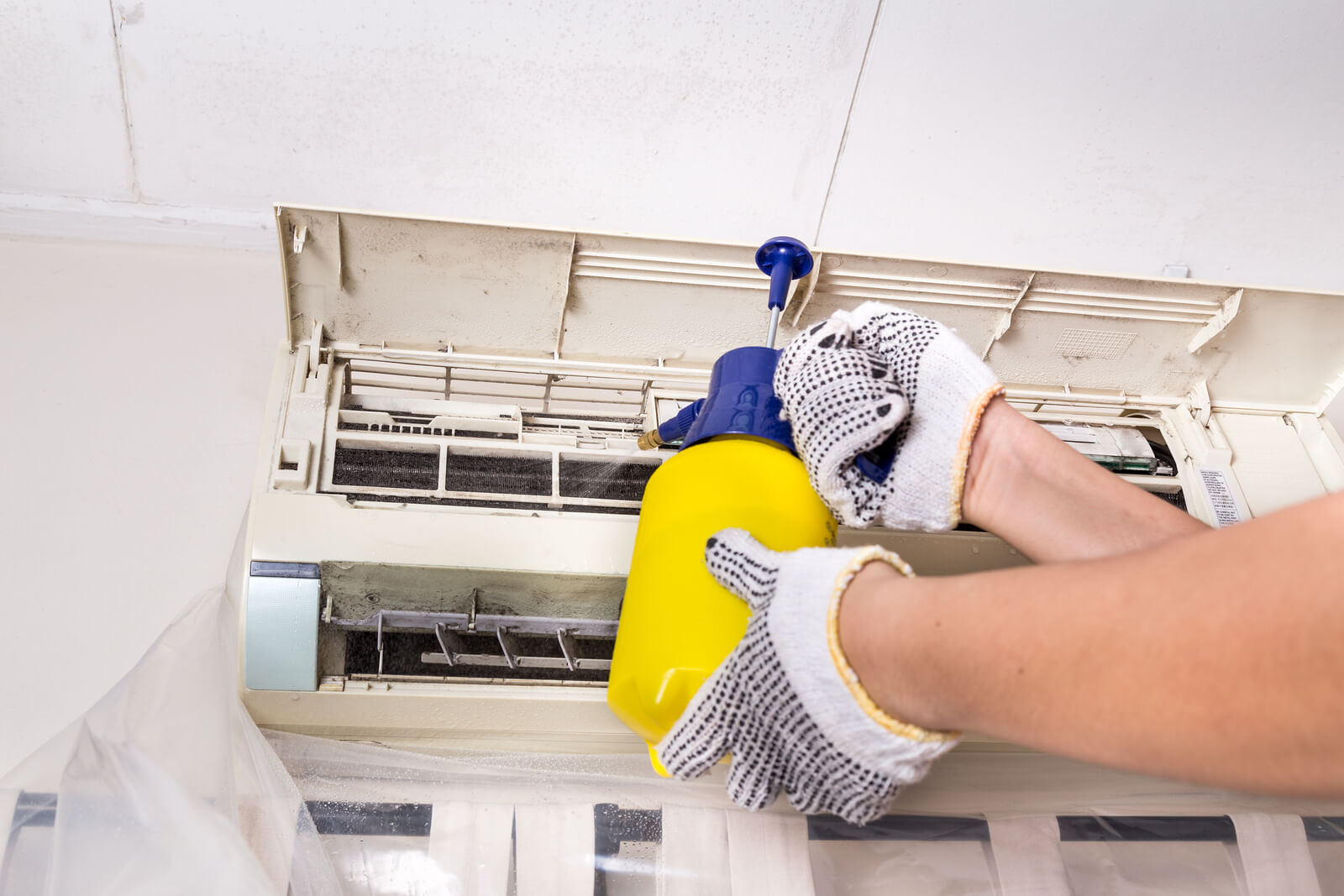AC Maintenance Tips to Survive Summer
“We need to start our AC maintenance routine as soon as possible. Otherwise, we might find ourselves in situations where we baste on our own sweat and oil as we bake inside our oven-like homes. Yikes!”
March flew past us like it’s nothing. Temperature’s going to get hotter from here, and soon it’ll be June as summer greets us once again.
Excited yet? Summer is a season to prepare for. For some, this means heading to the gym and getting back in shape. Unfortunately, homeowners like you and I are responsible for so much more than that. We’re responsible for our family’s comfort throughout the summer. This also means that we need to make sure our air conditioning system works hard enough against the scorching sun and the punishing humidity.
With our ACs working like a horse to keep up with the temperature, a poorly-kept air conditioning unit is likely to break down and fail. Our AC’s breaking when we need them the most is a disaster. The price to pay is an extended period of discomfort and hot hell. Not to mention, emergency AC repairs will cost you crazy money — draining the money from your paycheck that could have been used for a fun summer vacation.
To keep our homes summer-proof, we need to start our AC maintenance routine as soon as possible. Preferably now, while it’s spring. Otherwise, we might find ourselves in situations where we baste on our own sweat and oil as we bake inside our oven-like homes. Yikes!
We don’t want to see you in agony. To help you, here’s a compilation of tips for AC maintenance that you can do over the weekend.
Let’s survive summer together with these tips:
AC MAINTENANCE TIPS TO PREPARE FOR SUMMER
Clean Your AC
There isn’t a magic pill to AC maintenance, but cleaning your air conditioning unit is damn close to it. Some problems seem to mysteriously go away on their own if you thoroughly clean every part of your unit. But although it sounds simple, cleaning your air conditioning unit is a lot of work. There’s a lot of fine parts that you need to address.
First, you need to clean your filter. When people imagine cleaning their air conditioning unit, this is what they imagine that’s all there is. However, it’s just minute part of a larger task. Still, cleaning your filter is a must do. It’s the easiest thing you can do for your AC and most people still don’t do it enough. Take the filters out of the panels of the blower unit (for central systems) or the window unit. Brush gently under a running faucet to remove the dust build-up. If you’re going for a deeper clean, you can wash it with a combination of water and white vinegar. Dry it and put it back afterward. If your filter has any sort of irreparable damage, replace your filter immediately.
Next, you should also clean your condenser coil and clean the fins. If you have a window-type unit, it goes without saying that you can find it as you take the unit apart. However, you need to exercise caution to not damage the whole unit. For central type units, it’s located on your outside unit. If you’re only doing light maintenance and you don’t care to maximize results, spraying them down with a hose and lightly brushing could do the work. However, for these steps, we recommend a professional to help you so you can simultaneously get a deeper cleaning and avoid big damages.
If you’re working with a central-type AC, you should also clean your condensation drain lines. These small pipes WILL get clogged in due time. If left unchecked, you might acquire a puddle and a little bit of flooding inside your home. While you might think that this could be beneficial for the summer, it’s not a puddle that you’d want to swim on. Use an algaecide to clean the pipes so that you can both kill germs and flush the pipe down. Still, these things should be handled by a professional if you want a more thorough clean-up.
We shouldn’t have to mention that you should remove debris from your outside unit. You should remove anything that looks like it contributes to the blocking your whole system.

Check For Energy Leaks
Check if your house has energy leaks. This means spots, nooks, and crannies where air can escape. This also means troubleshooting issues that make your unit work more than it needs to.
Check if your coolant lines are clogged.
Check your ductwork if it has leaks or if it needs cleaning.
Check if the concrete slab your outside unit stands on is level — if it isn’t, you need to prop the unit up to level it yourself.
Inspect your roof, windows, and doors if they allow air to escape out the house.
These are things professional HVAC inspector can spot. Their years of experience gives them the eye to see things you can easily miss.
(READ MORE: Is It Time for an Air Conditioner Upgrade?)